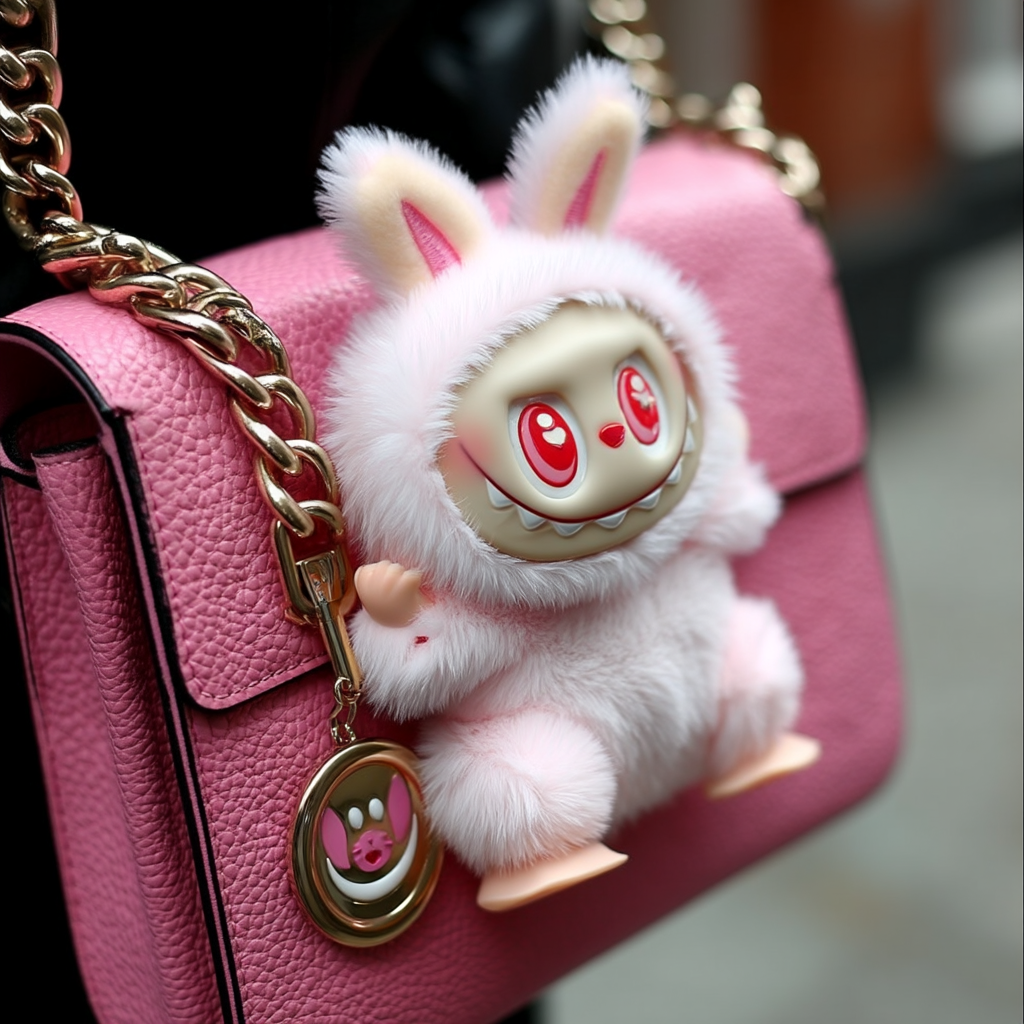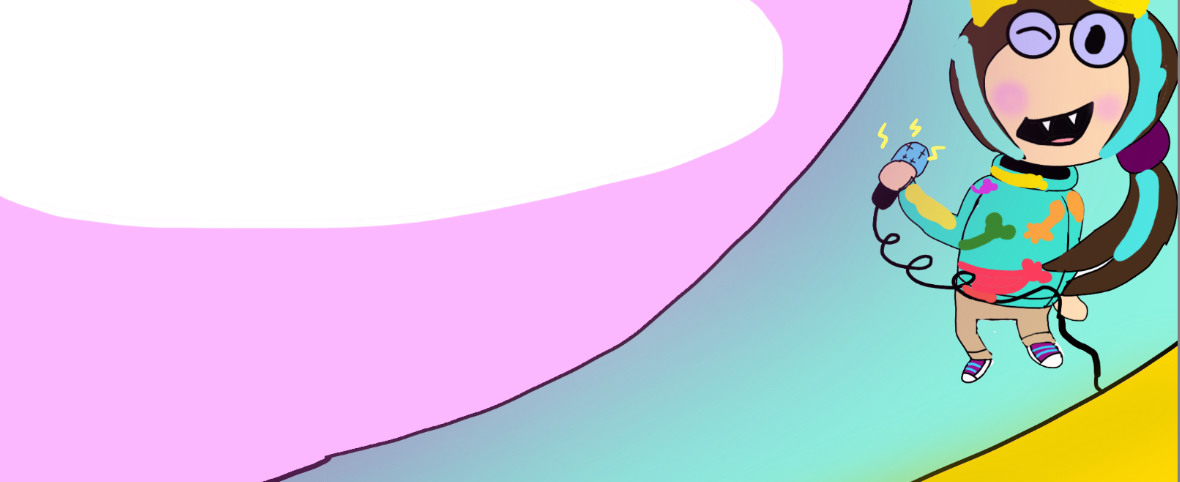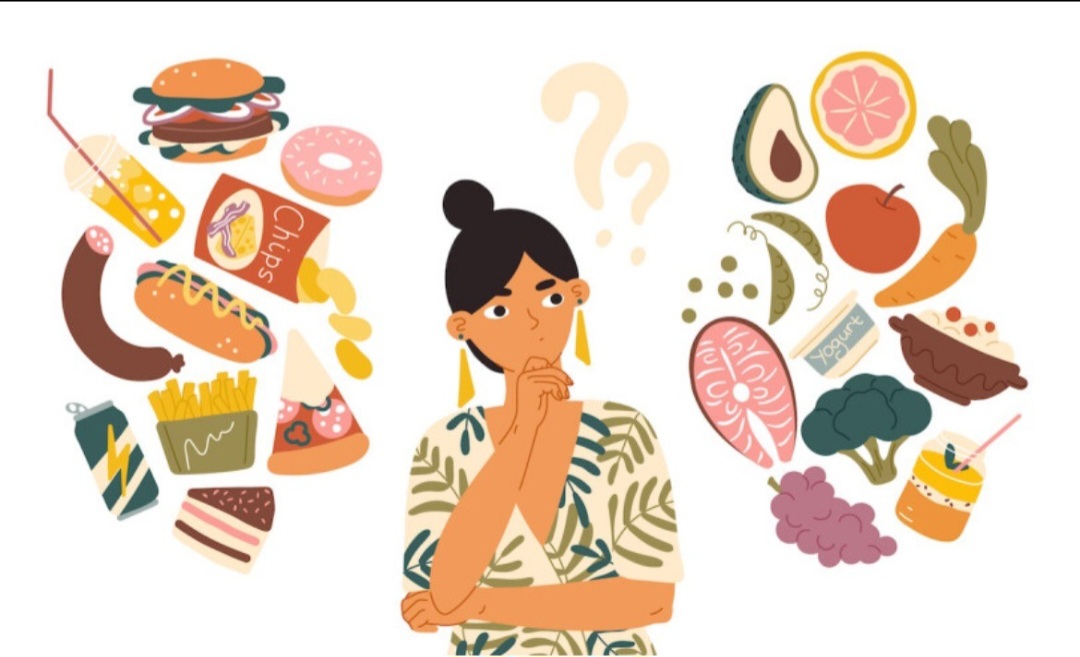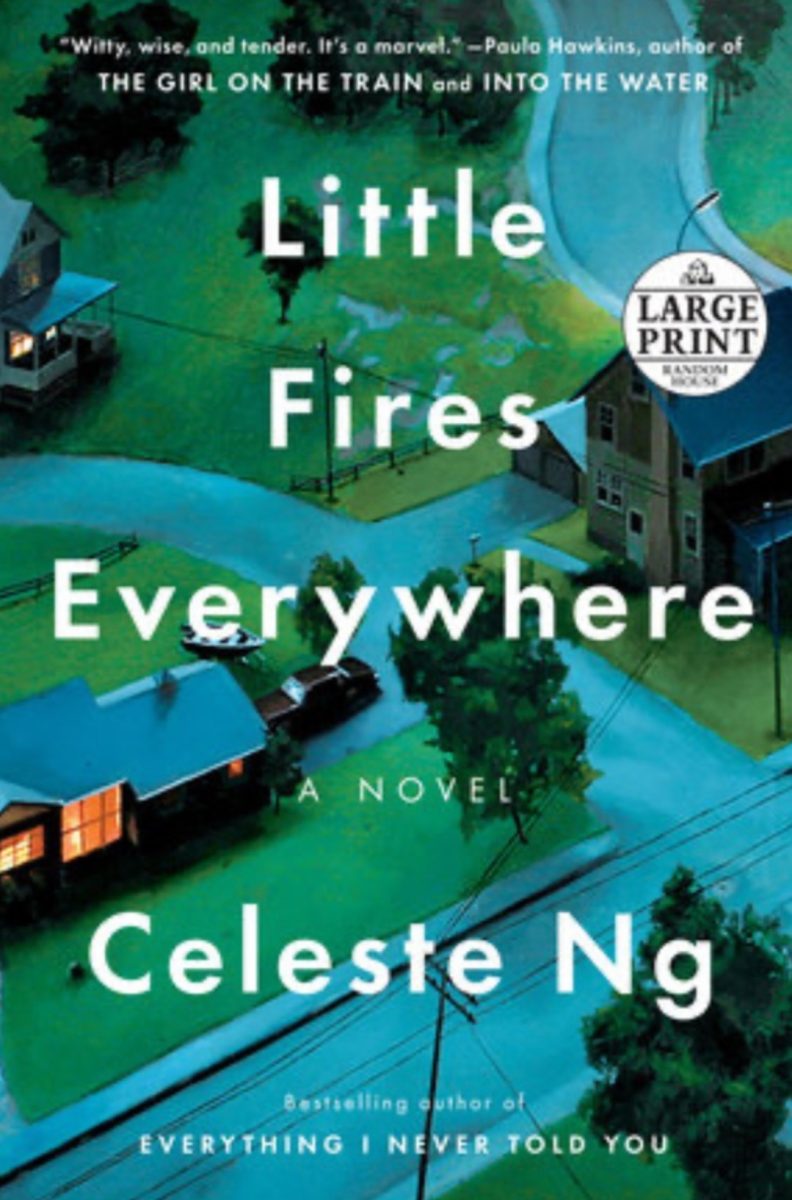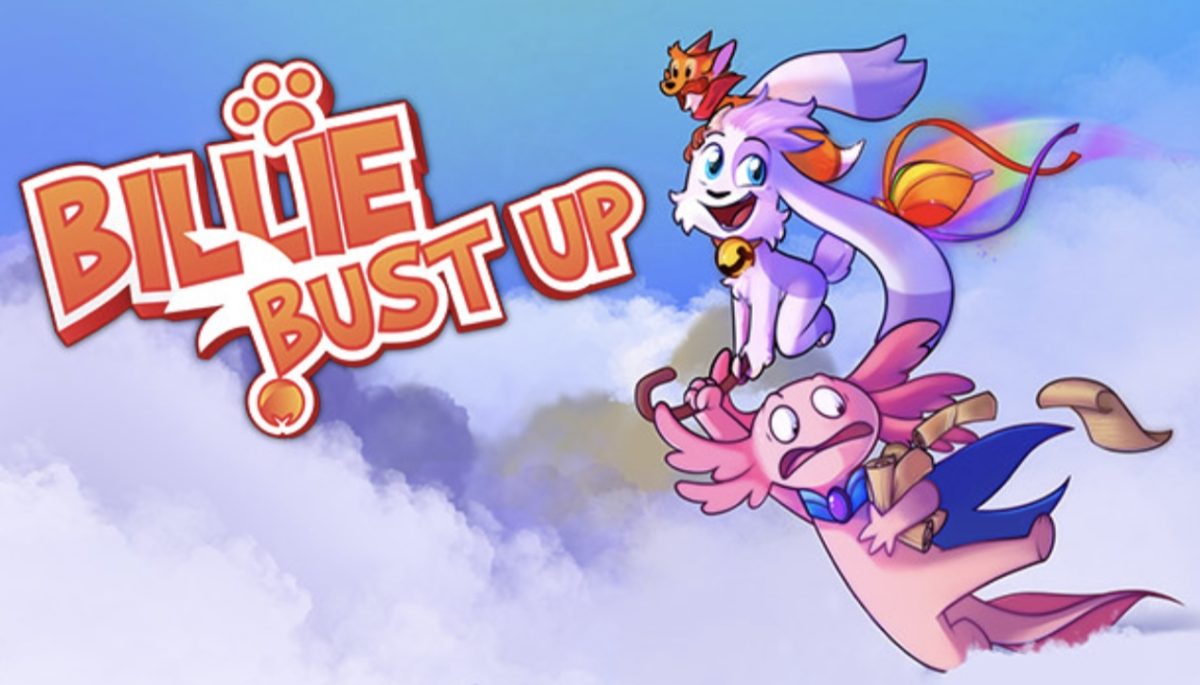Ask anyone about Disney’s The Lion King (1994) and they’ll probably think of either:
- Mufasa’s death (aka The Scene That Traumatized All 90’s Kids)
Or
2. “Hakuna Matata”
Of course, not many people (especially not teens) think about giving this animated classic a re-watch. It’s a “kids’ movie” from the late 20th century, after all. Sure, it still remains extremely popular to this day, but only as a set of cliff notes (no pun intended) pertaining to a basic rundown of the plot.
- Lion cub is born.
- He sings a song about wanting to be king.
- His dad dies.
- “Hakuna Matata” and some other stuff happens.
- Cub sees his dad in some clouds and then fights his evil uncle.
- And, oh yeah, he wins the love of his childhood friend.
In actuality, the movie holds a shocking amount of nuance and depth—much more than even huge fans give it credit for. The lessons Simba learns about responsibility as he transitions from cub to the king of the Pride Lands can be applied to teenage life in surprisingly profound ways. We may not be singing Technicolor animals, but the beauty of cinema is that it allows different kinds of people to see themselves reflected in a character.
Let’s take a look at Simba as he appears at the beginning of the movie. He’s a naive, energetic little boy who has big dreams to become king of his pride someday (in true Disney fashion, he winds up singing a whole song about this aspiration). Many teens might remember what it felt like to live in a world where everything was simple and possibilities were limitless. That sacred place is called childhood, and it forms the very foundation of a person’s worldview and beliefs later in life.
Simba has a mostly-ideal childhood up until his father, Mufasa, is killed by Scar. The death of a parent can be very traumatic by itself, but on top of that, Simba is manipulated into thinking that he is at fault for Mufasa’s death. No wonder he decides to follow Scar’s order to run away. Being so young, Simba is not emotionally equipped for the pressures suddenly brought upon him. So, once he escapes those stressors, it’s not too hard for him to slip into a new—but ultimately destructive—mindset.
Despite being one of the most popular songs in the Disney canon, “Hakuna Matata” serves as the antithesis to its film’s teachings. While the movie itself is about facing your past and taking on responsibility, “Hakuna Matata” tells you to stop thinking about your problems and go with the flow. While Simba looks much happier after years of following this idea, he’s still the scared, guilt-ridden kid he was before. He has just become a lot better at hiding it. It only takes one harsh realization (like finding out that his homeland has severely deteriorated) for him to show his true colors. At this phase in his life, Simba is only physically grown up. He is not an adult yet because he hasn’t learned how to face his problems and stand up for what he believes in.
This whole “being grown up” versus “being an adult” situation is something many teens can relate to. Most of Eastern’s seniors are turning 18 this year, meaning that they now have the privileges and responsibilities of an adult. However, it still may take a while for them to let go of their teenage mindset and learn to find their place in the world. This process of change can be difficult and, quite frankly, terrifying. But, as Simba soon realizes, it is often very necessary.
Had Simba never gone back to the Pride Lands to end Scar’s reign of terror, the movie would have had a much bleaker ending. Simba’s homeland would have become desolate, and every animal living there would’ve been forced to flee. Also, Simba would have never found it in himself to start healing and become the king he was always meant to be. He would have spent the rest of his life mourning and blaming himself for Mufasa’s death. Simba’s willingness to face his fears and take responsibility is what gave him a happy ending. However, the choice to do all of that wasn’t easy, and he certainly couldn’t have done everything alone. The support from his friends (as well as a pep-talk from his father and Rafiki) led to his transformation into a true king.
For Simba, becoming king is like becoming an adult. Sure, his problems and trauma haven’t entirely disappeared, but he has learned how to manage his emotions and get help from others. The lessons Simba learned on his journey are especially poignant for high schoolers in the modern world. Growing up and becoming an adult is scary, but it is something that needs to be done in order for a person to live their life to the fullest. The person need not face this change alone, for there are plenty of people to cheer them on and offer advice. Parents/guardians, teachers, counselors, and friends can all be part of a great support system.
It doesn’t matter how you make the transition, and how much time the process takes differs from person to person. All that matters is that you take the leap over that great chasm to create a better world for both yourself and others.



